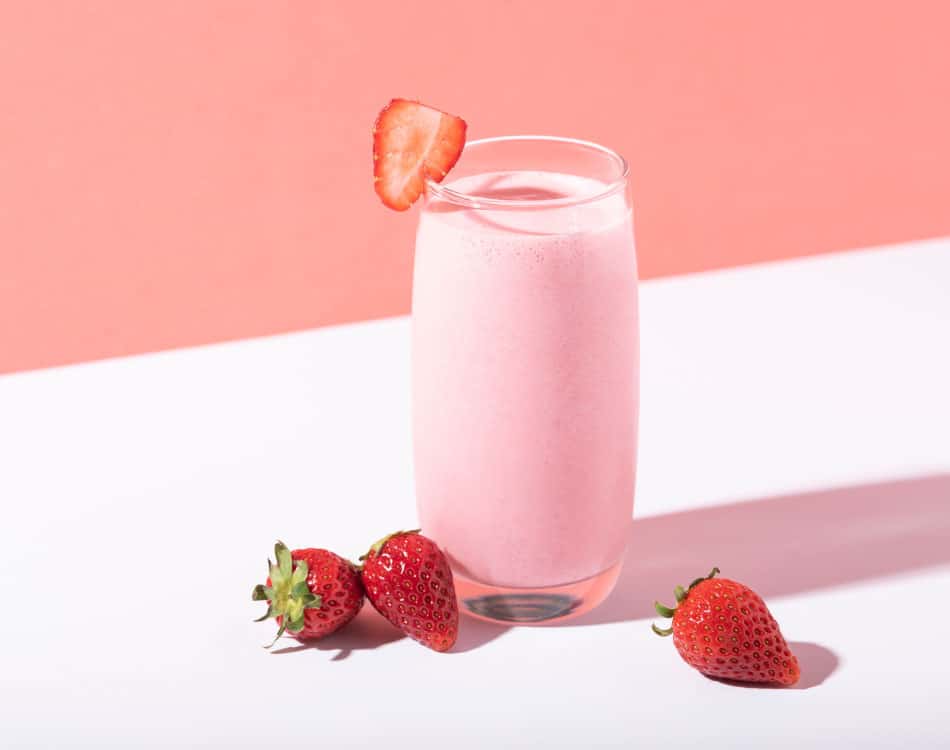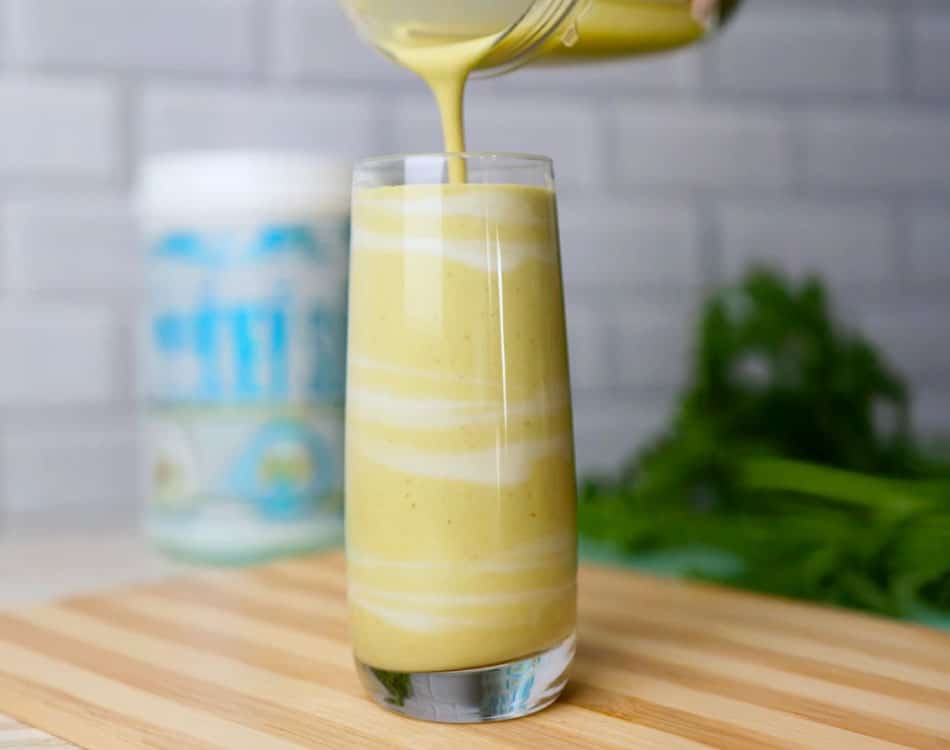Dairy has been a mainstay in modern diets since the dawn of the agricultural era due largely to its impressive nutritional value and man’s ability to mass-produce it with commercial farming practises.
But dairy’s diet dominance is diminishing. There are numerous reasons behind this trend, from a rise in dairy-related food intolerances and allergies to concerns around dairy farming’s environmental impact.
That’s why the demand for milk alternatives is on the rise. The Global Dairy Alternatives Market Study released in February 2020 states that the market was valued at $13,021 million in 2018.
Projections suggest that the alternative milk market will reach $35,804.6 million in value by 2026, with almond milk likely to witness the fastest segment growth during the forecast period.
Farmers, food manufacturers and health food retailers like Dis-Chem are meeting this demand with a range of products, each offering a unique blend of attributes to fit different dietary, health, lifestyle and budget requirements.
The Lifestyle Food range available at Dis-Chem includes various dairy milk alternatives for those who follow a dairy-free lifestyle or simply want to reduce their dairy intake.
Almond milk
Nut milks don’t contain cholesterol or lactose. Almond milk is one of the more popular nut milks available due to its creamy texture. This makes it an ideal milk replacement for coffees, breakfasts, smoothies and other forms of cooking and baking.
Many manufacturers also fortify their products with additional calcium and vitamin D to make it a more suitable milk replacement. However, it is naturally rich in vitamin E, which is a powerful antioxidant, along with a moderate amount of potassium.
It is also a popular milk alternative for weight-conscious individuals due to its lower calorie and sugar content. Just make sure to buy unsweetened options if this is important to you.
A one-cup (240ml) serving of unsweetened almond milk typically contains:
- 30-60 calories
- 2.5g of fat
- 2g of carbs
- 1-1.5g of protein
Lifestyle Food Almond Milk is an unsweetened milk alternative produced using an ultra-high temperature (UHT) process. Its creamy texture makes it a popular substitute for milk, ideal for use in porridges, cereals, smoothies, teas and coffees. This product is lactose- and GMO-free and vegan-friendly, providing 2g of plant-based protein per 250ml serving.
Coconut milk
Coconut milk is a popular dairy alternative for use in cereals, porridges, smoothies, baking and many other recipes because it has a creamy texture and rich taste due to its fat content, including saturated fat – plant-based saturated fat, that is, in the form of medium-chain triglycerides (MCTs).
These milk products are produced from the white flesh from a brown coconut and water. However, coconut milk offers little in terms of plant protein. It is a great low-carb option, though. And it contains lauric acid, which raises ‘good’ HDL cholesterol levels. However, it is highly calorific, so use it sparingly.
A one-cup (240ml) serving can contain:
- 500+ calories
- 57g fat
Lifestyle Food unsweetened Coconut Milk is a lactose-free, vegan-friendly milk alternative made from coconut water and coconut cream. It is a great source of calcium and is rich in various fats, including MCTs. This GMO-free drink is ideal for use in breakfasts, smoothies and Banting-style coffees.
Soya milk
Soya milk is one of the more common plant-based milk alternatives on the market. This milk is made by extracting the base ingredient from mature soy beans, which is mixed with water and some type of sweetener.
Soya milk has a light taste and is slightly thicker than cow’s milk. It is naturally low in saturated fat and cholesterol-free.
And soy is a complete protein – it contains all essential amino acids. While it has a high protein content, it offers less calcium than cow’s milk. That’s why most manufacturers opt to fortify their products with calcium, along with vitamin D for better absorption.
However, it is a source of sodium, magnesium, phosphorous, riboflavin, vitamins A and K and the B-vitamins thiamin (B1) and pyridoxine (B6).
A one-cup (240ml) serving of soy milk typically provides:
- 80 calories
- 4-5g of fat
- 3-4g carbohydrates
- 7g of protein
Lifestyle Food Soya Milk is GMO-free and is vegan-friendly. This alternative milk product contains no cholesterol or lactose. It is also suitable as a cooking ingredient in numerous recipes.
Oat milk
Oats are a firm favourite in any health-conscious meal plan and oat milk certainly lives up to that billing. It has a mild flavour and boasts an impressive nutritional profile.
When made from unrefined whole grains like steel-cut or rolled oats, oat milk contains fibre, including beta-glucans, various trace minerals, plant-based protein and some fatty acids. Many brands fortify their products with added vitamins and minerals such as iron, calcium and vitamins A, D, B2 and B12.
While generally considered gluten-free, oat milk can contain gluten due to cross-contamination in manufacturing facilities, so read the label carefully if you are gluten intolerant or suffer from Celiac Disease. It is a good option for anyone with nut allergies who can’t consume almond milk.
A one-cup (240ml) serving of oat milk contains:
- 90-120 calories
- 2-4g of protein
- up to 5g of fat
- 2-4g of fibre
- 15-20g of carbohydrates
Lifestyle Food unsweetened Oat Milk is a lactose- and GMO-free milk substitute. This vegan-friendly product is naturally sweet, which makes it ideal for use in cereals, porridges, teas, coffees and smoothies.
Rice milk
Rice milk is made from rice that has been processed, milled and blended with water. During this process, more complex carbohydrates are broken down into simple sugars, which gives this milk a natural sweet taste.
This means that rice milk contains more carbohydrates and sugar than cow’s milk, and it does not naturally contain protein. However, it is generally considered the least allergenic of all milk varieties. It is often also enriched with calcium and vitamin D.
A one-cup (240ml) serving of rice milk contains:
- 140 calories
- 26g carbohydrates
- 12g of sugar
- 80mg of sodium
Lifestyle Food unsweetened Rice Milk is lactose-free and vegan-friendly, which makes it a popular milk alternative. Its natural sweetness is ideal for use in smoothies, breakfasts or teas and coffees. The added sunflower oil is a good source of healthy monounsaturated and polyunsaturated fats and also provides vitamin E, which is a powerful antioxidant, along with beneficial linoleic acid. It is GMO-free.















